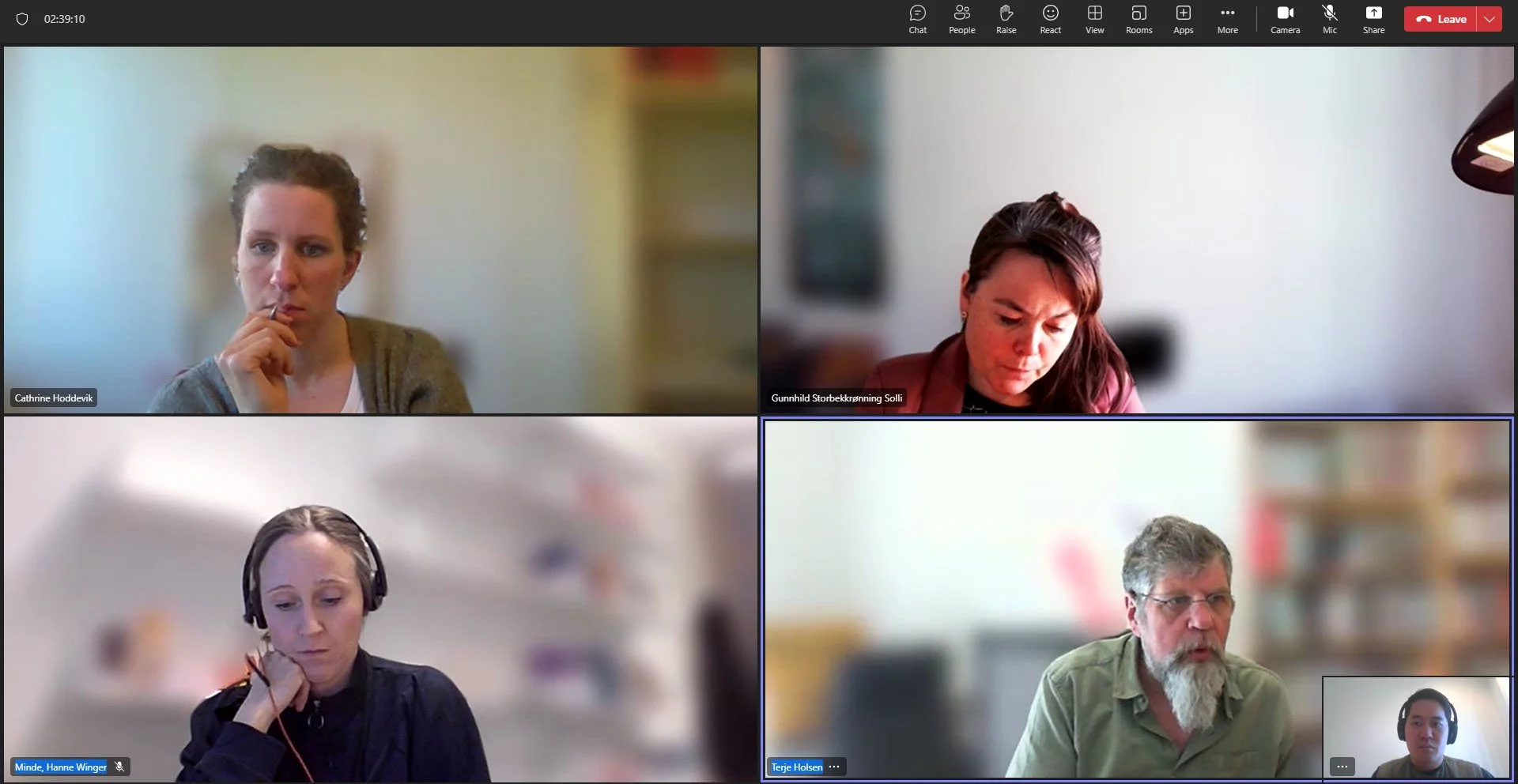SDP424 Mid Review
The key question of this review: how do your PhD interact with the institutional theories presented in the course? Tin was appointed as group leader in the midways review of the SDP424 course deliverables, and the teachers’ reasoning for choosing Tin is because he’s clearly the most likable guy in the class. Tin can live with that explanation.
In terms of workload, this means that Tin has to coordinate a meeting and read-through of the individual papers in his small group consisting of Tin, Cathrine Hoddevik (NMBU) and Hanne Winger (BI). Tin’s take on institutional theory on his PhD, is that the moment the public sector starts digitalising their established practices, they are not only changing their own ways but also how private initiatives are responding also, from the ministry-level (KDD), to the authorities (DiBK) and straight down to agencies (PBE). Tin posed the question of how precise are the prescriptions on proptech from the public sector and how will it affect the private sector? Some of the theoretical strands Tin presented were institutional isomorphism (stability) to multi-level perspectives (change). The course responsibles, Gunnhild and Terje urged Tin to maybe use more familiar theoretical strands, such as Ostrom’s IAD framework.
Research fellows has to complete 30 ECTS credits of courses for the duration of a PhD-programme, each course consisting of ca. 5 ECTS (6 courses all together). The total count is currently at 35 ECTS credits, 5 above what is required of Tin in his PhD education.
-
06-10.02 - lectures
26.04 - midways
01.06 - deadline -
Gunnhild Storbekkrønning Solli (course responsible)
Terje Holsen (course responsible)
Arild Vatn
Erling Berge
Helén Elvestad
Knut Boge -
